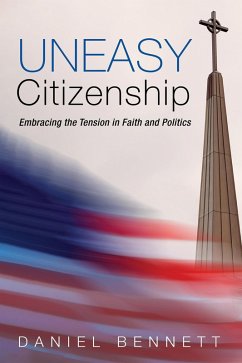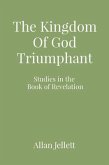While Karl Barth is one of the most significant theologians of the twentieth century, his contribution to ethics is less well known and subject to controversy among interpreters. Barth combined his commitment to the church and its particular task in faith and theology with a concern for ethics and politics in wider society. By examining the historical development of Barth's ethics, this study traces the vital influences and considerable shifts in Barth's understanding of the ethical task, situating him within his political context. Alexander Massmann provides a comprehensive explication and assessment of the full scope of Barth's ethics, from the first edition of the Romans commentary to the final volume of the Church Dogmatics. General questions of Barth's methodology in ethics and case studies in applied ethics are both analyzed in their intricate connection to his dogmatic thought. The study highlights how an ethical approach emerged in which the freedom of the gospel allows for considerable openness to empirical insights from other disciplines. The author reevaluates Barth's ethics in a constructive vision of the role of the church in the quest for a just society.
Dieser Download kann aus rechtlichen Gründen nur mit Rechnungsadresse in A, B, BG, CY, CZ, D, DK, EW, E, FIN, F, GR, HR, H, IRL, I, LT, L, LR, M, NL, PL, P, R, S, SLO, SK ausgeliefert werden.









